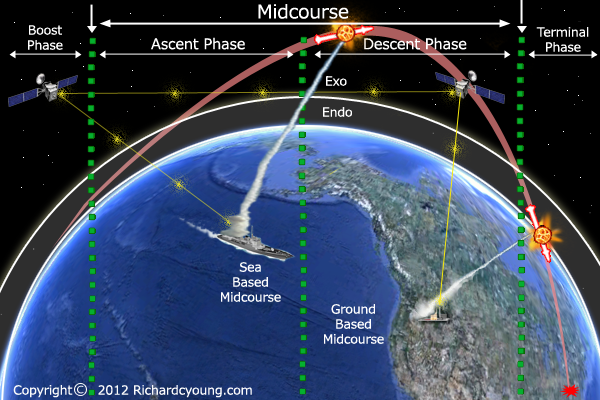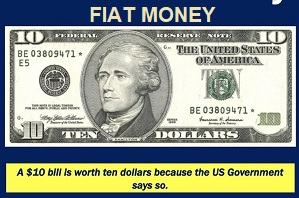Some argue that the changing composition of the workforce is a major factor for Union decline in the United States, while others insist in blaming large companies for having waged a systematic campaign to eliminate union contracts and undercut union influence. It is undeniable that most unions have lost prestige by taking sides in the political arena and as a result of repeated corruption schemes of their leaders. It is also true that union staff does not keep close contact or a healthy interrelation with their affiliates. Their detachment from the rank and file and a leadership obsessed by political advancements and favors is compounded by the fact that US and State governments have taken over some of the roles filled by the Unions in the past. Therefore, Union membership is perceived as less essential by workers. That should not be reason enough for the demise of US Unions. Union membership still serves a valuable purpose in ensuring that workers are being paid and treated fairly. Democracy is all about participation, and unions should give employees an effective voice in their decision-making process.
US Unions Membership Falls to 70-Year Low
In 2012, 7.3 million employees in the public sector belonged to a union, compared with 7.0 million union workers in the private sector 
Washington, Jan. 24.─ The nation's unions lost 400,000 members in 2012 as the percentage of U.S. workers represented by a labor union fell to 11.3%, its lowest level since the 1930s – declining by 0.5% over the last year.
- Hits: 12217

 Governments regularly claim that they favour tax reform. When this claim has been repeated so many times that virtually no one believes it anymore, they announce a tax reform to show that they really mean it. They then reshuffle the existing taxes to give the appearance that taxation will actually be lowered.
Governments regularly claim that they favour tax reform. When this claim has been repeated so many times that virtually no one believes it anymore, they announce a tax reform to show that they really mean it. They then reshuffle the existing taxes to give the appearance that taxation will actually be lowered.
 This wasn’t an accident—it was by design. But now, something big is happening.
This wasn’t an accident—it was by design. But now, something big is happening.